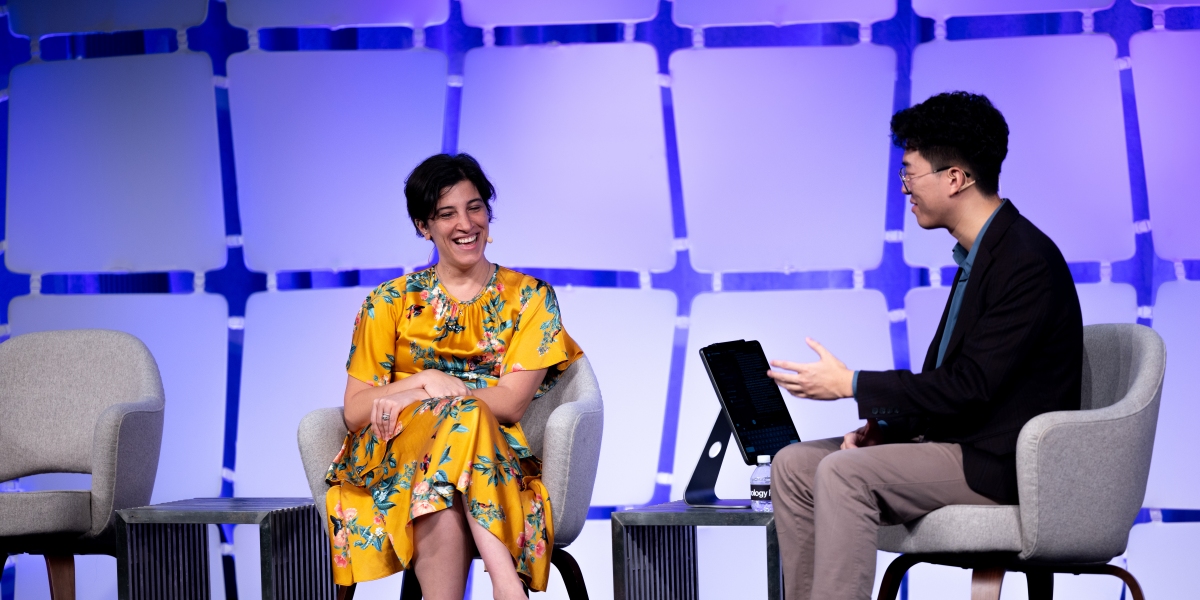
09.38 Space is now accessible to civilians, albeit very wealthy ones. If you have a spare $450,000, you could snag yourself a seat on Virgin’s suborbital spaceplane, the cheapest way to space at the moment.
09.36 Preparing for space is certainly easier than it used to be, but it’s still no walk in the park. If you’re interested in reading more about Axiom Space’s private astronaut missions, Neel V. Patel went behind the scenes of what it’s like to ready yourself for microgravity.
09.30 People on the ground are more likely to track space debris, rather than astronauts themselves, López-Alegría says. They don’t really see space debris, because if it’s moving slowly enough to see, it’s not really a threat. However, the wider issue of space debris is something that needs to be approached with caution, given the increasing amount of man-made materials present in space.
“The bigger pieces, like rocket bodies and defunct satellites, people are recognizing that socially, we have to be responsible,” he says.
09.26 Recycling is crucial onboard the ISS, particularly given that it costs around $50,000 per kilo to get something sent to the station, he says.
“Imagine having to bring everything with you on a trip that’s gonna last 18 months maybe—you gotta bring food clothing, water, oxygen propellant, all that stuff with you. So, the more you do recycle, the better, it’s important.”
09.25 In order to live in space, you have to be comfortable spending extended periods of time in confined spaces, he jokes.
09.17 Conducting research in microgravity, generally understood as the weightlessness that’s experienced in space, presents an interesting challenge, he says.
“We were pretty busy [on the ISS],” he says, conducting 25 experiments a week. One example involved experimenting with tumor organoids in low-earth orbit, which helped to evaluate early pre-cancer and cancer changes under a high-resolution microscope.
09.15 López-Alegría isn’t a fan of the rising use of the term ‘space tourism’ to describe the increasing numbers of people heading into space.
“We don’t like the word tourism, that’s not what we’re about, says López-Alegría. “The ISS is a place to do meaningful work.”
09.12 Our first speaker is Michael López-Alegría, an astronaut with more than 40 years of aviation and space experience with the US Navy and NASA under his belt. During his time at NASA, he performed an impressive total of 10 spacewalks, totaling 67 hours and 40 minutes, and logged more than 257 days in space.
He’s now the Commander of Axiom Mission 1, the first all-private crew to go into orbit and to the International Space Station (ISS), and also duetted with pianist BLKBOK from space back in April, which I’m sure you’ll agree is pretty cool.
